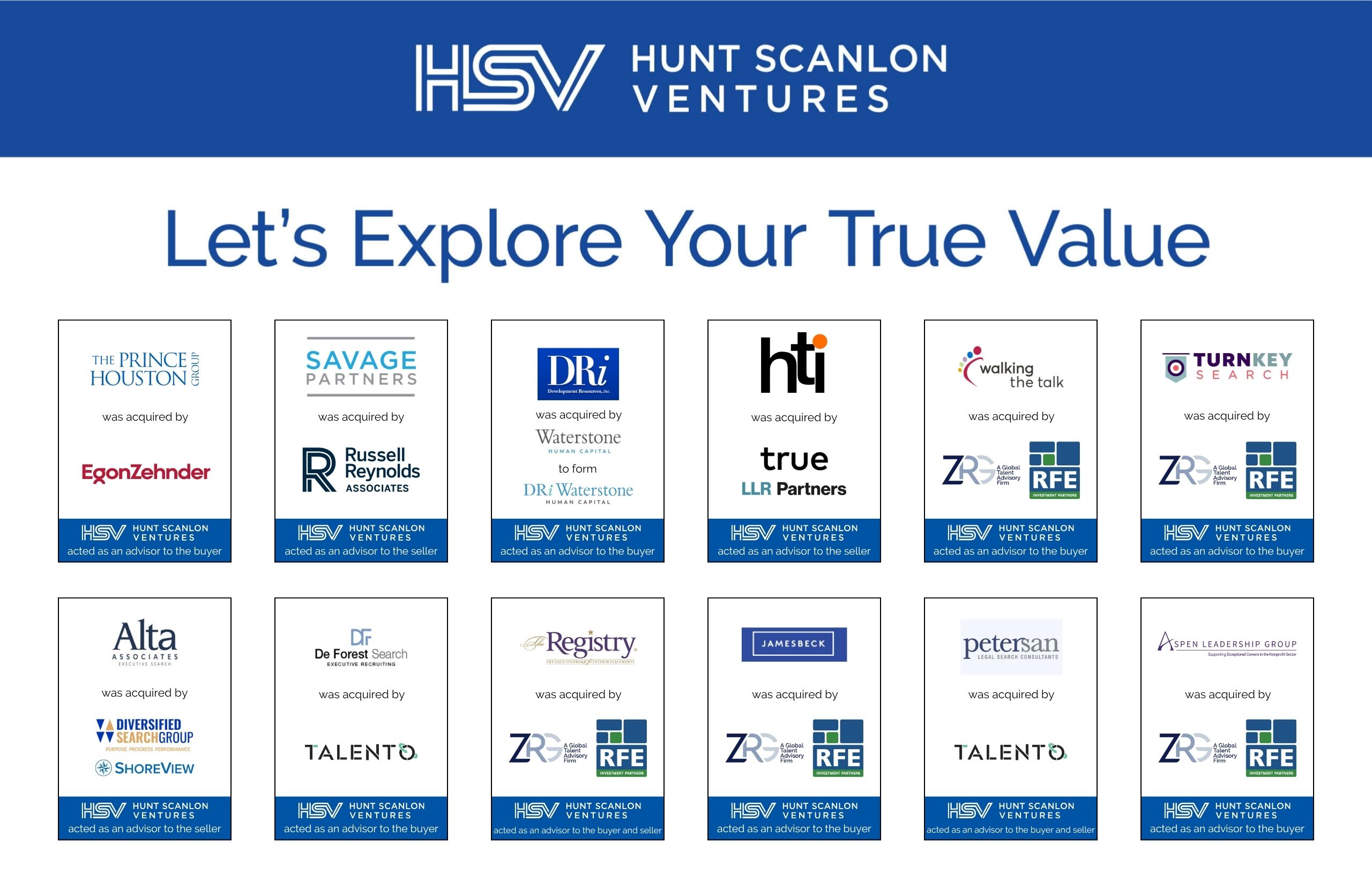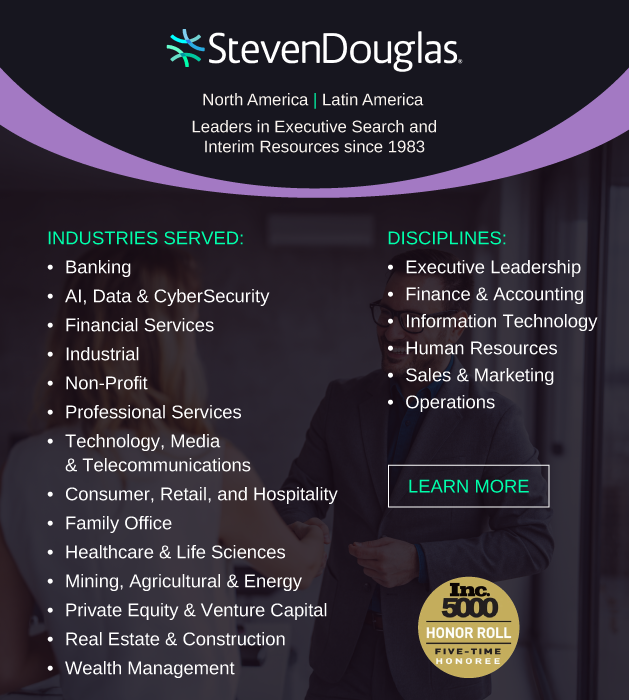Private equity is entering a new phase where success hinges less on capital structure and more on who sits at the table. As firms deploy record dry powder and compete for differentiated value creation, leadership diligence is becoming the ultimate edge. Evan Berta, an associate at Hunt Scanlon Ventures, explores how investors are rethinking the pre-close process, what practical frameworks are emerging to assess leadership risk, and why KKR’s recent investment in ghSMART demonstrates the market’s conviction that talent intelligence is now core to private equity strategy.
ghSMART’s latest report, Leadership Diligence in PE: 4 Tips to Spot Strengths and Risks Before You Buy, opens with a stark reminder: “Leadership is often the single biggest swing factor in the success of an investment.”
Yet as Dina Wang, a ghSMART partner and co-leader of its private equity practice explains, that recognition alone isn’t enough. “The challenge isn’t awareness. It’s prioritization.”
In today’s compressed deal cycles, investors are under pressure to move fast, often at the expense of the leadership analysis that ultimately determines performance.
Ms. Wang argues that even limited diligence, “if done thoughtfully, can uncover valuable signals” and “lay the groundwork for a stronger partnership between investors and operators.” That philosophy is reshaping how firms balance speed with insight.
“In this market, process discipline and people discipline go hand in hand,” said Evan Berta, an associate at Hunt Scanlon Ventures. “The winners aren’t the fastest to term sheets; they are the ones who know, with conviction, that the team in place can deliver the plan.”
From Gut Feel to Data-Driven Discipline
The report distills leadership diligence into four practical imperatives: define what to evaluate, treat diligence as a team sport, ask better questions, and debrief early and often.
Ms. Wang emphasizes the first step, clarity of purpose: Investors should “align your team around a clear organizational scorecard” that links outcomes to the capabilities required to achieve them.
“The KKR – ghSMART deal shows that leadership diligence isn’t a sidecar to the transaction anymore, it is the vehicle. Capital follows capability, and the firms mastering that linkage are defining the next generation of value creation.”
Equally important, she noted, is collaboration: “Leadership diligence is a team sport.” Cross-functional participation among deal, operating, and talent partners produces a more complete, fact-checked view of management strength.
The third step, asking better questions, means moving beyond rote interviews toward situational probes tied to value-creation levers.
And finally, Ms. Wang underscores the need to “debrief early and often,” turning fragmented observations into a shared thesis about leadership readiness before signing.
This structured approach replaces intuition with pattern recognition. It brings the same rigor to people that financial due diligence brings to cash flows – an evolution that many investors now see as overdue, said Mr. Berta.
KKR and ghSMART: Proof of Concept for Leadership Capital
The growing emphasis on leadership diligence found a powerful real-world proof point earlier this year when KKR took a minority stake in ghSMART, validating both its methodology and the category it represents.
For KKR, the partnership is more than an investment in a high-performing advisory firm. It is a bet on the rising value of leadership data, behavioral analytics, and decision-making intelligence.
The transaction positions ghSMART to expand its technology and data capabilities while maintaining majority employee ownership, reinforcing the idea that leadership advisory platforms can scale globally without sacrificing independence.
It also reflects a broader market truth, said Mr. Berta: private capital is moving upstream, embedding leadership science directly into its investment lifecycle.
“The KKR – ghSMART deal shows that leadership diligence isn’t a sidecar to the transaction anymore, it is the vehicle,” he said. “Capital follows capability, and the firms mastering that linkage are defining the next generation of value creation.”
Private equity’s future advantage won’t come from faster models or cheaper debt, it will come from clarity about the people driving results.
“In a capital-rich environment, leadership diligence is the only scarcity worth paying for,” said Mr. Berta.
Article By

Evan Berta
Evan Berta is Editor-in-Chief of ExitUp, the investment blog from Hunt Scanlon Ventures designed for professionals across the human capital M&A sector. Evan serves as an Associate for Hunt Scanlon Ventures, specializing in data analysis, market mapping, and target list preparation.






